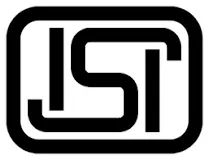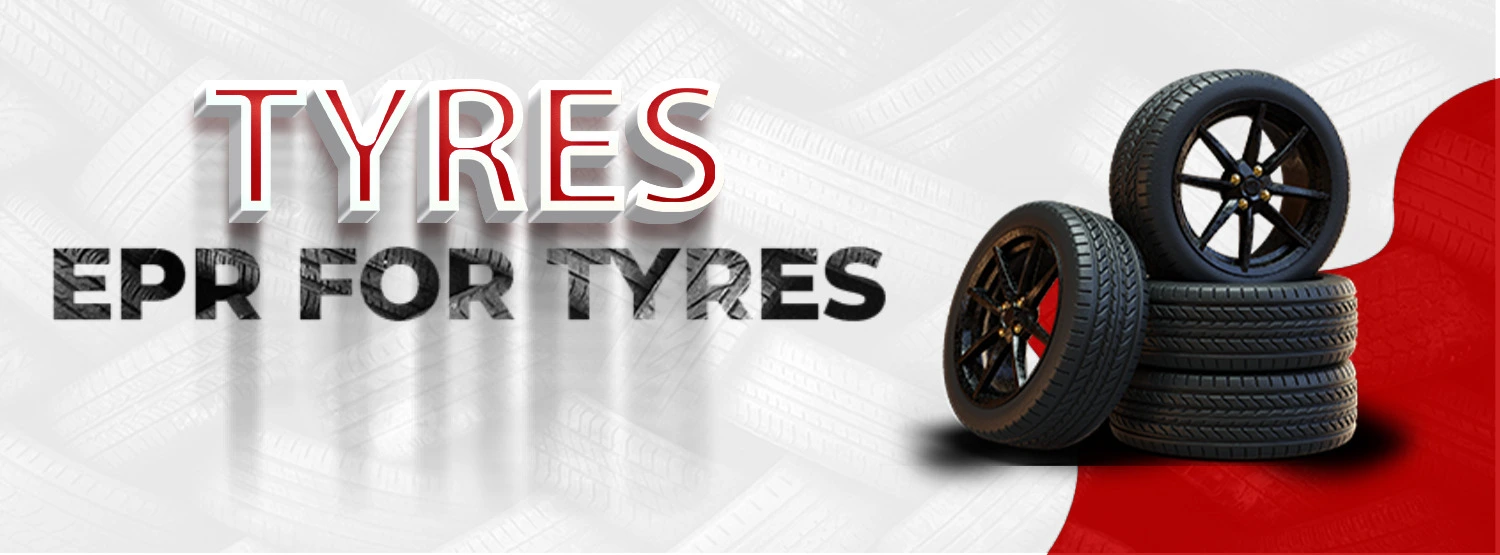Introduction Of FSSAI License and Registration (With Axis Compliance)
The Government of India's Ministry of Health & Family Welfare founded the FSSAI, an independent organization. According to the guidelines of the Food Safety and Standard Act of 2006, it was established in August 2011. It was done in collaboration with both the Central government and the Ministry of Health and Family Welfare.
Any food business in India that makes, stores, transports, or distributes food must have an FSSAI Licence and Registration. Obtaining an FSSAI registration or license may be necessary, depending on the size and nature of the business. The FBO will receive a 14-digit number during the FSSAI Registration process, which must be printed on food products. Having an FSSAI license can benefit the food industry legally, increase reputation, ensure food safety, increase consumer awareness, and help with business growth. You can swiftly obtain an FSSAI license anywhere in the nation with IndiaFilings' assistance. Additionally, we assist with FSSAI registration. You will receive advice from our specialists on choosing the appropriate food category and license.
Who should have an FSSAI registration?
In India, certain types of food enterprises must register with the FSSAI. The size and type of the food business determine the need for FSSAI registration. The types of food enterprises that require an FSSAI registration are listed below:
1. Small-scale food producers: Small-scale food producers or companies with a low annual revenue come into this group. These companies include hawkers, small-scale food producers, and companies that handle the processing, packaging, and labeling of food.
2. Food Retailers: Food retailers, such as supermarkets, grocery stores, and food outlets, must be registered with the FSSAI. Businesses that sell packaged food goods as well as those that make and sell food on-site, like restaurants, cafes, and street food vendors, are covered by this.
3. Food Distributors and Wholesalers: FSSAI registration is essential for distributors and wholesalers involved in the distribution and wholesale trade of food goods. Businesses engaged in the wholesale purchase and distribution of packaged or unpackaged food items fall under this category.
4. Food Importers and Exporters: Food importers and exporters must also register with the FSSAI. This applies to companies that import food items into India or export food items to other nations.
5. Food Transporters: Organisations that move food items, such as logistics and transport firms, must be registered with the FSSAI. This guarantees that appropriate safety and sanitary precautions are taken when transporting food.
It's vital to remember that depending on the type of food business, such as turnover, production capacity, and area of operation, the specific requirements for FSSAI registration may change. To ascertain the precise registration requirements for their particular firm, food businesses can review the FSSAI laws and speak with specialists or FSSAI authorities.
Penalties, fines, and legal repercussions may occur if the necessary FSSAI registration or license is not obtained. As a result, for food businesses to function lawfully and guarantee the safety and quality of food products, they must adhere to the FSSAI registration standards.
Types of FSSAI Registration in India
Three Types of FSSAI Licenses
- FSSAI Basic Registration
- FSSAI State license
- FSSAI Central License.
The Food Safety and Standards Authority of India (FSSAI), as it does in other parts of India, provides various sorts of registrations based on the size and nature of the food industry. The several FSSAI registration categories in In India include:
1. Basic FSSAI Registration: Small-scale food businesses with a yearly turnover of up to Rs. 12 lacks are eligible for this type of registration. Small food producers, hawkers, food processors, and other enterprises with constrained operations are frequently affected.
2. State FSSAI Licence: For medium-sized food firms operating in a particular state, a state FSSAI license is necessary. Businesses with yearly revenue between Rs. 12 lacks and Rs. 20 crores are eligible for this license. In addition to restaurants and hotels, it also includes caterers, food dealers, food distributors, and food transporters.
3. Central FSSAI Licence: For large-scale food firms operating across many states or having annual sales surpassing Rs. 20 crores, a central FSSAI license is required. It applies to companies engaged in large-scale distribution, wholesale trading, and retail chains as well as food producers, importers, exporters, and entrepreneurs.
It is significant to remember that the kind of registration necessary depends on the size of the food business and the annual turnover. To choose the right FSSAI registration category in In India, businesses should carefully evaluate their operations and turnover.
Additionally, additional certifications or licenses, such as the Food Safety Management System (FSMS) certification, may be necessary based on the unique nature of the food industry, such as manufacturing, retailing, catering, or transportation.
To ascertain the precise form of FSSAI registration necessary depending on the unique conditions of the food business in In India, it is advised to speak with the relevant FSSAI authorities or to obtain professional guidance. This guarantees that the food industry is operating legally and under all applicable regulations.
- Home
- About Us
-
Services
- BIS ISI Mark Certification
- BIS-CRS Certification
- ISI Domestic Manufacture
- EPR Plastic Waste
- EPR E-Waste
- EPR Registration
- EPR Battery Waste
- BIS FMCS Registration
- WMI Registration
- BIS ECO Mark Scheme
- BIS Certification for Footwear
- EMI-EMC Test
- RF Testing
- IP Rating Test
- TEC Approvals
- NABL Testing
- LM 79 & LM 80
- ROHS Approval
- CE Certificetion
- EPR Importance
- EPR For Tyres
- EPR For Used Oil
- TradeMark
- Copy Right
- WPC-ETA Approval
- BEE Registration
- FSSAI Registration
- Gem Registration
- BIS Certification for Toys
- Import Export License
- Custom Compliance
- LAB Setup and lab equipment
- UL Certification
- CDSCO Approvals
- Drug License
- NOC For Steel
- IMEI Registration
- ISO Certification
- Legal Metrology
- NSIC Registration
- Start-Up Registration
- Make in India Mark
- LMPC Registration
- CDSCO Registration
- Updates
- Gallery
- Clients
- Contact Us












































































